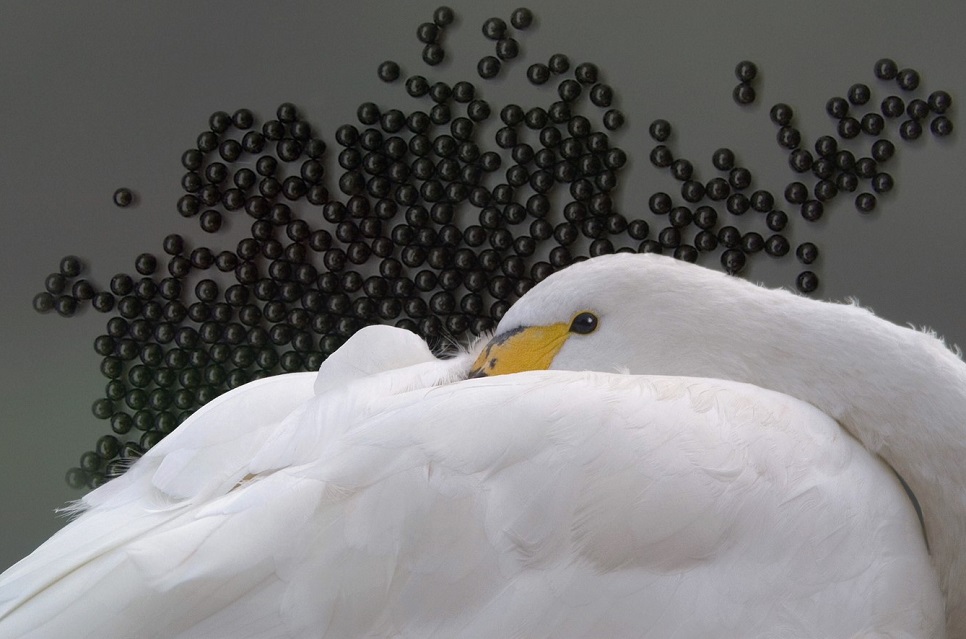Out of the doodoo...
 Toilets are unquestionably valuable for sanitation. And the doodoo that comes out of them can be pretty useful too. Using specially created wetlands, the Wildfowl & Wetlands Trust (WWT) hygienically treats waste in a simple natural way. And those special wetlands are also much needed habitats for some of our rare British wildlife. The concept is being taken around the globe where the benefits include clean water, food and protection from flooding.
Toilets are unquestionably valuable for sanitation. And the doodoo that comes out of them can be pretty useful too. Using specially created wetlands, the Wildfowl & Wetlands Trust (WWT) hygienically treats waste in a simple natural way. And those special wetlands are also much needed habitats for some of our rare British wildlife. The concept is being taken around the globe where the benefits include clean water, food and protection from flooding.
19 November is World Toilet Day. To celebrate WWT is telling the world how the waste from toilets is supporting a wealth of wildlife. At WWT headquarters in Slimbridge, the millennium treatment wetlands treat the waste from the toilets. The waste is treated over a series of reedbeds and ponds which separate the liquids and solid and recycle the nutrients. It's wildlife rich as a result. It supports 50 plant species. Water rail and Cetti's warblers use the reedbeds - water rail is especially fond of the small reedbed which takes all the sludge as it is composted down. The ponds are home to a host of macroinvertebrates - dragonflies, damselflies and caddis flies. The millennium wetlands are just one of 13 wetland treatment systems in use at WWT wetland centres. Each year between them they clean the waste of one million visitors and many thousands of birds.
WWT has taken the principle to other sites around the UK via its consulting arm. And construction work is just about to start on a series of new wetlands in the capital of Laos, Vientiane. One new wetland will be built for a school - others will be built for homes, villages and even a beer factory.
The school has a toilet block, but it is in a bad state and waste seeps from the unsanitary septic system. The new treatment wetlands, to be built at the school in January, are designed by a local team trained by WWT and headed by WWF Laos and local government environment staff. They are shaped like a wetland insect from above - a fun way to engage the children. Once the area has grown up it will be home to all sorts of wildlife and the teachers can use it to teach science to the pupils.
Sally Mackenzie, WWT's project leader said, "Not everyone will want to think about it too much, but nature is brilliant that it can recycle our waste into wildlife. At our centres in the UK we've provided extra habitats for the birds and the insects whilst dealing with the problem of our waste in a natural and cheap way at the same time. The pupils here at None Kor School are going to be fascinated that their poo is feeding this amazing and beautiful wildlife area."
If you would like to do your bit at home, use environmentally sensitive cleaning products, which help treatment wetlands and traditional sewage works to process waste properly and don't add damaging chemicals to our waterways.
